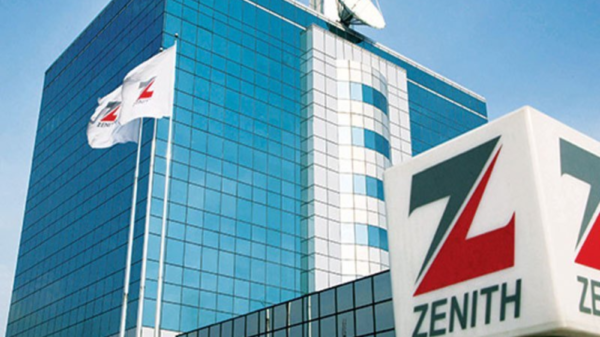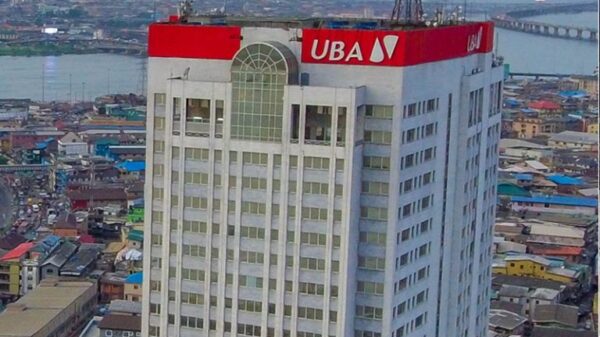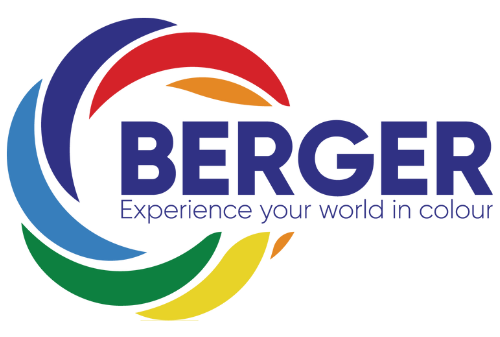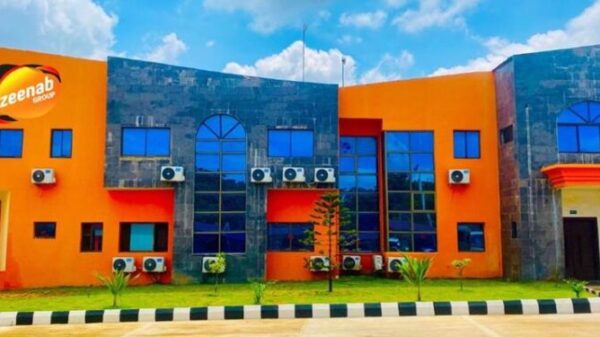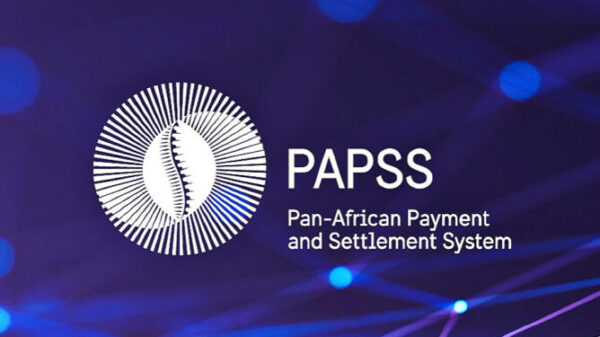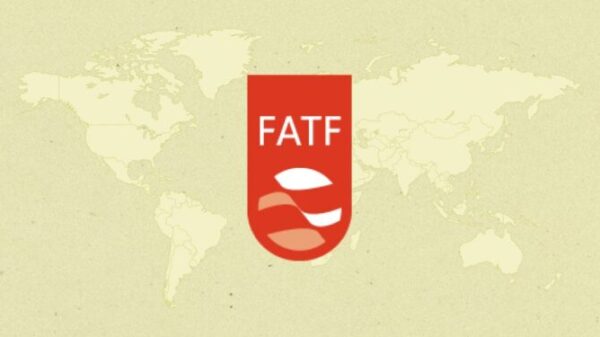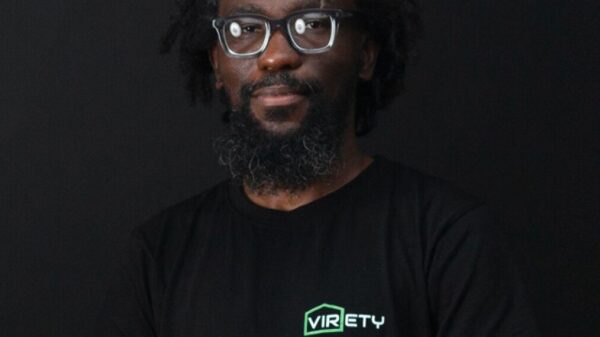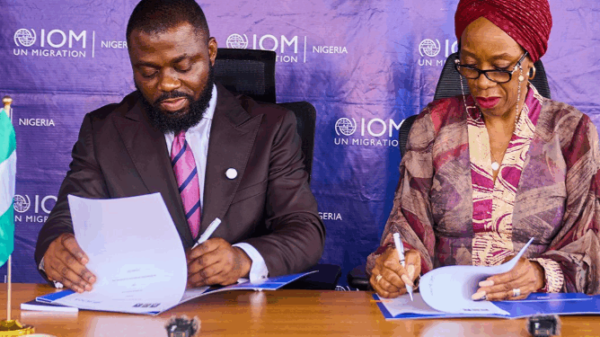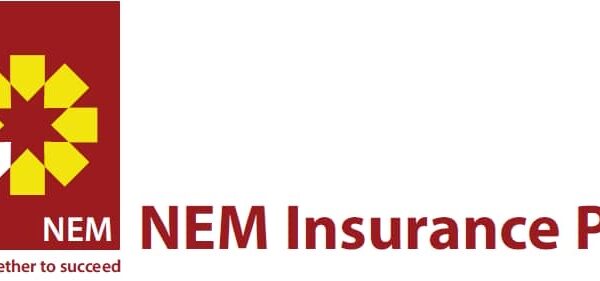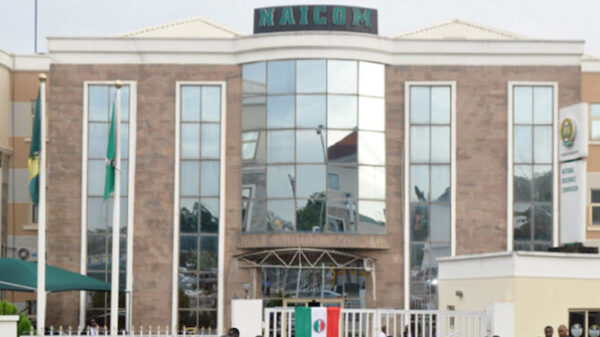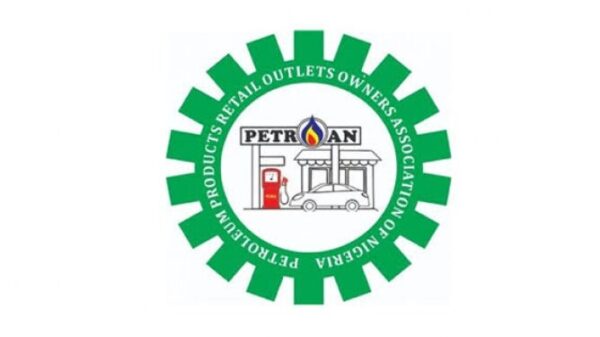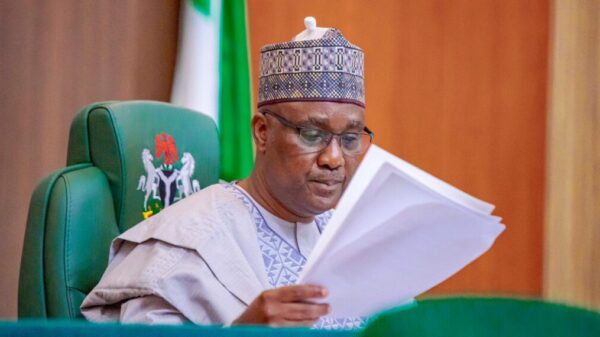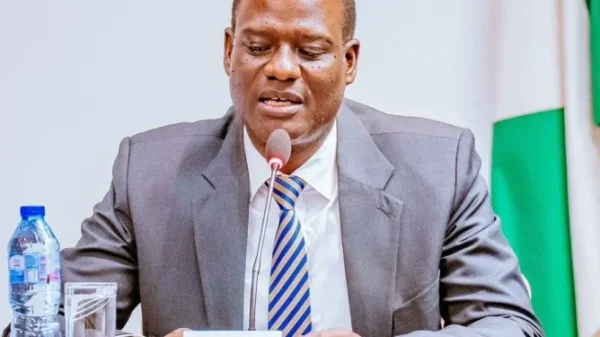The Impact Investors Foundation (IIF) has revealed that Lagos State and Nigeria’s Southwest region collectively attract more than 65% of all private capital inflows into the country, leaving other regions—particularly the North—significantly underfunded. This revelation was contained in the foundation’s newly released “Nigeria Impact Investing Ecosystem Mapping and Market Sizing Report,” presented during the 8th Annual Convening on Impact Investing held in Lagos on Wednesday, November 6, 2025.
According to the report, the concentration of capital in Lagos is primarily driven by the dominance of fintech, digital services, and tech-enabled enterprises, which continue to attract both domestic and foreign investment. In contrast, the North and North-West regions collectively receive between 10% and 12% of total inflows, largely funneled into traditional sectors such as agriculture and microfinance. Meanwhile, key social impact areas like healthcare, education, and sanitation continue to receive minimal funding, deepening economic disparities across regions.
Uneven Investment Flows and Rising Poverty
The IIF report painted a concerning picture of economic inequality, noting that 56% of Nigerians were living below the national poverty line in 2024, a significant rise from 49% in 2023. The report attributed this surge to persistent inflation, exchange rate volatility, and sluggish productivity in job-creating sectors.
The Foundation warned that if capital continues to bypass sectors that generate employment and improve access to essential services, the country risks worsening poverty and social instability. The report further identified what it termed a “missing middle” financing gap, where small and growing businesses (SGBs) seeking between ₦10 million and ₦500 million face major funding obstacles, including high collateral requirements, short loan durations, and high-interest rates. This financing gap, according to IIF, stifles entrepreneurship and limits job creation in critical sectors.
Redirecting Capital for Inclusive Growth
Speaking at the event, Etemore Glover, Chief Executive Officer of the Impact Investors Foundation, emphasized that the new report builds upon the 2019 baseline study and provides an updated, evidence-driven assessment of Nigeria’s evolving investment ecosystem.
“The launch of the 2025 Nigeria Impact Investing Ecosystem Mapping and Market Sizing Report is a vital milestone. It provides robust data and insights to help policymakers, DFIs, and investors understand where impact capital can make the greatest difference,” Glover stated.
She noted that while Nigeria’s investment ecosystem has matured, there remains a pressing need to translate available capital into measurable impact, particularly in underserved regions and sectors. According to her, the convening’s objective was to galvanize a diverse network of investors, policymakers, development partners, and entrepreneurs to collectively accelerate Nigeria’s transition into an impact-ready economy—one that prioritizes both financial returns and social value.
Experts Push for Domestic Capital Mobilization
Frank Aigbogun, Chairman of the IIF and Publisher of BusinessDay, called for a renewed emphasis on mobilizing local capital sources such as pension funds, corporate reserves, and diaspora remittances to drive sustainable development. He noted that over-reliance on foreign aid and concessional loans has become unsustainable amid shifting global priorities.
“Global evidence shows that businesses delivering social impact can also generate competitive financial returns,” Aigbogun said. “Nigeria must reimagine its investment model by channeling domestic capital into ventures that build inclusive and resilient growth.”
Adding to this, Oyinkansola Akintola-Bello, Country Director of the UK–Nigeria Tech Hub, reaffirmed the UK government’s continued support for Nigeria’s inclusive investment landscape. She highlighted that ongoing UK-backed programs in gender-responsive investing, climate finance, and enterprise development demonstrate long-term commitment but emphasized that “Nigeria must lead by mobilizing its own domestic capital to ensure sustainability and resilience.”
Bridging the Regional Investment Divide
The report also acknowledged some positive developments in local-currency financing, led by domestic financial institutions such as the Development Bank of Nigeria (DBN), Bank of Industry (BOI), and InfraCredit. These institutions have played a pivotal role in providing long-term financing for infrastructure, renewable energy, and manufacturing, reducing reliance on foreign-denominated loans.
Additionally, multilateral partners including the International Finance Corporation (IFC), African Development Bank (AfDB), Afreximbank, British International Investment (BII), and FMO have continued to anchor large-scale development projects across Nigeria. However, IIF warned that unless deliberate policies are implemented to address regional capital disparities, inclusive growth will remain elusive.
“The concentration of capital in Lagos and the Southwest, while beneficial for innovation, poses a structural challenge for national development,” the report concluded. “Balancing capital flows toward underserved regions and sectors is essential to achieving equitable economic growth.”
As Nigeria pushes to diversify its economy and strengthen its private sector, the IIF’s findings serve as a stark reminder that equitable access to investment capital is fundamental to reducing poverty, driving productivity, and building a more inclusive future.





